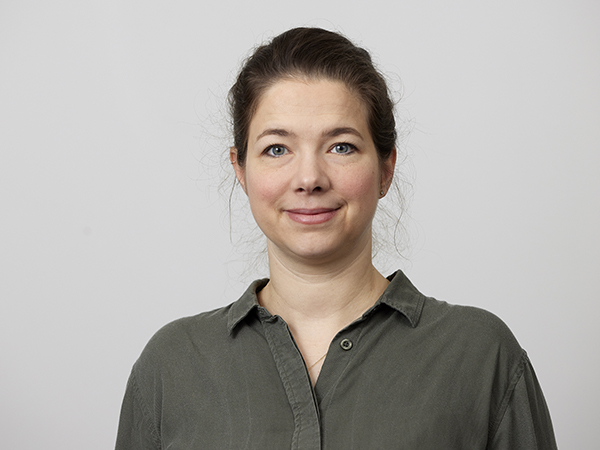Chalmers University of Technology
Understanding the SEI in fluorine-free sustainable Li- and Na-ion batteries
Academic project
PhD
Open
Research question
The initial capacity losses when using hard carbon negative electrodes in batteries are a major roadblock for widespread application of the material in batteries that is often mitigated using highly fluorinated and thus potentially hazardous and poisonous compounds. At the core of the project lies thus a systematic study of crucial interfaces such as the solid-electrolyte interphase (SEI) in Li- and Na-ion batteries based on fluorine-free electrolytes in combination with hard-carbon negative electrodes. We will use a combination of electrochemical testing and (operando) photoelectron spectroscopy measurements to understand the SEI formation and interphase stability in these battery systems.
Sustainability aspects
The project target is to enable a cell design that incorporates biobased active materials with recycled metal current collectors together with fluorine-free electrolytes, potentially produced with minimum environmental impact. We expect the battery sustainability gain to be three-fold: replacing fluorine-containing electrolyte components, replacing high environmental footprint graphite in Li-ion batteries, and moving from Li-ion batteries to Na-ion batteries. The project thereby has significant contributions to reaching several UN Sustainable Development Goals concerning affordable and clean energy, sustainable cities, and protection against hazardous compounds.

Chalmers University of Technology
Julia Maibach
Assistant Professor
julia.maibach@chalmers.se
Explore projects under the WISE program
WISE drives the development of future materials science at the international forefront. The research should lead to the development of sustainable and efficient materials to solve some of today's major challenges, primary sustainability. On this page you can read more about our research projects.
Explore projects